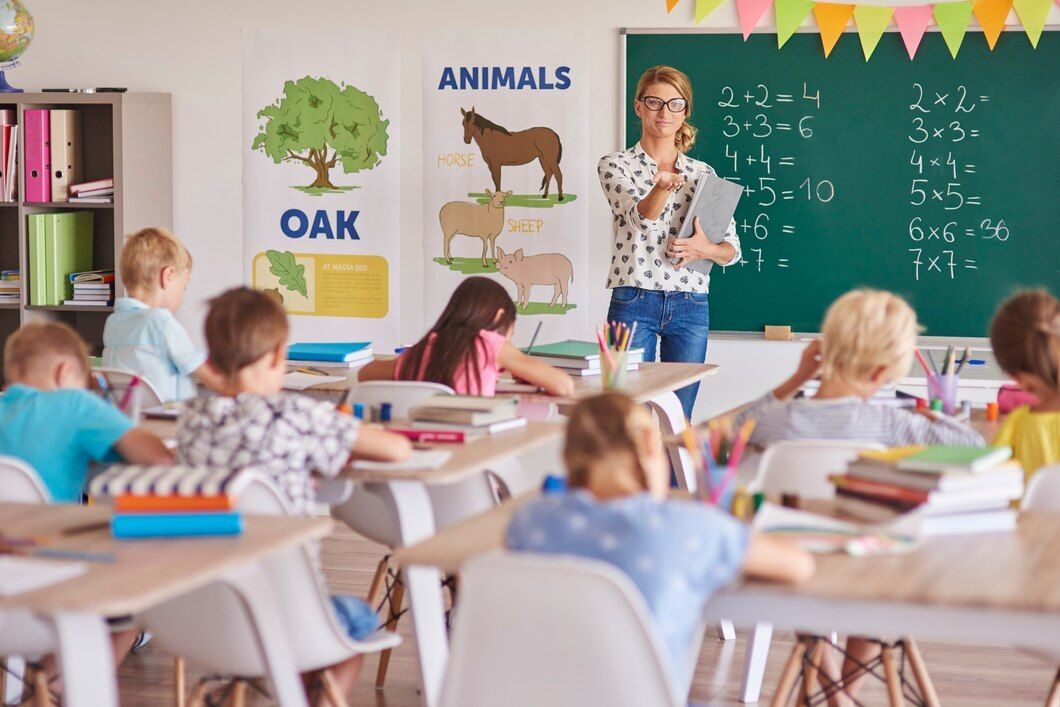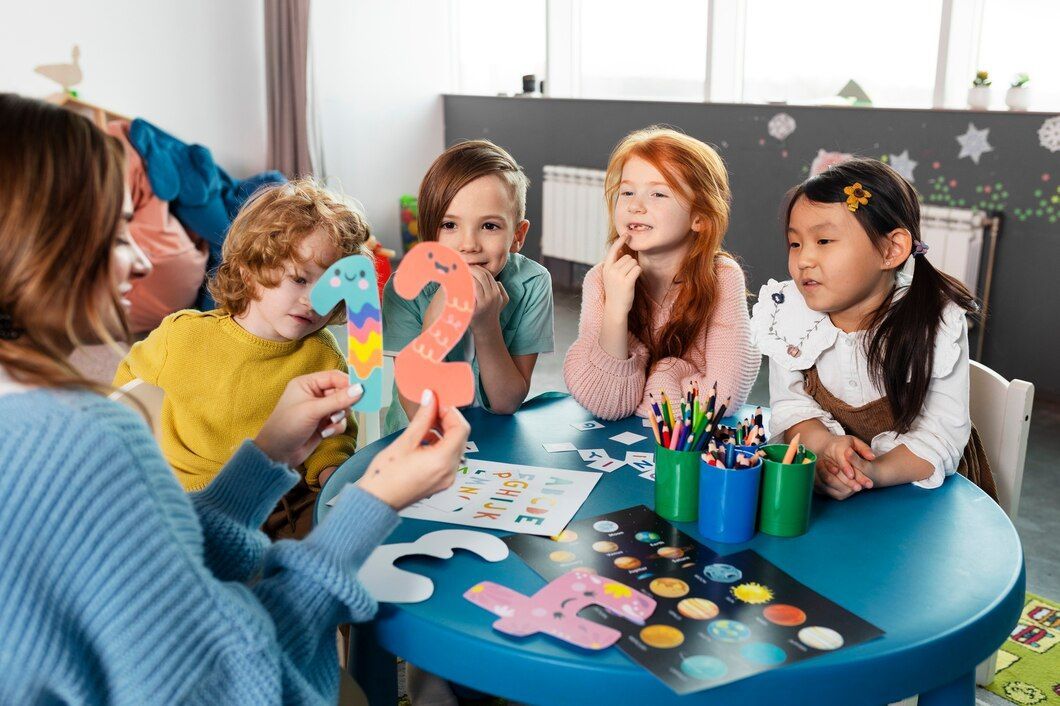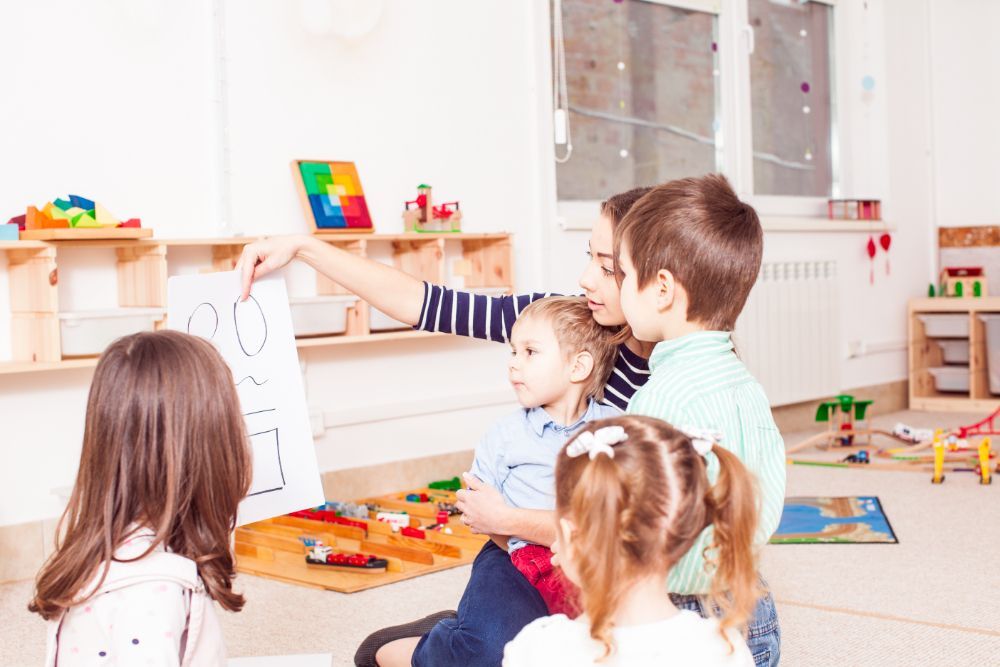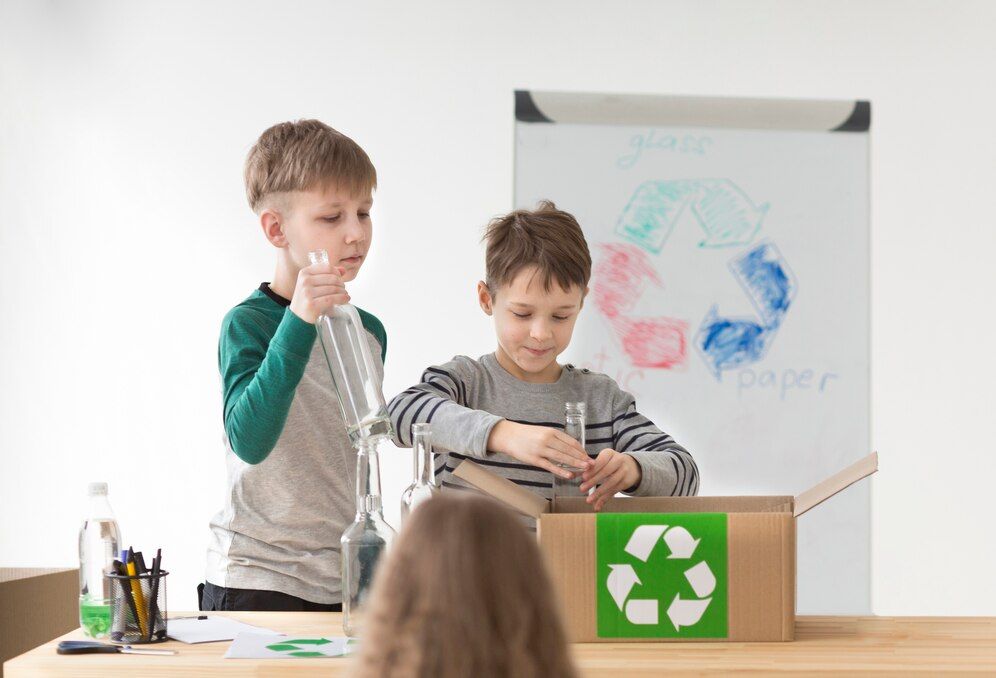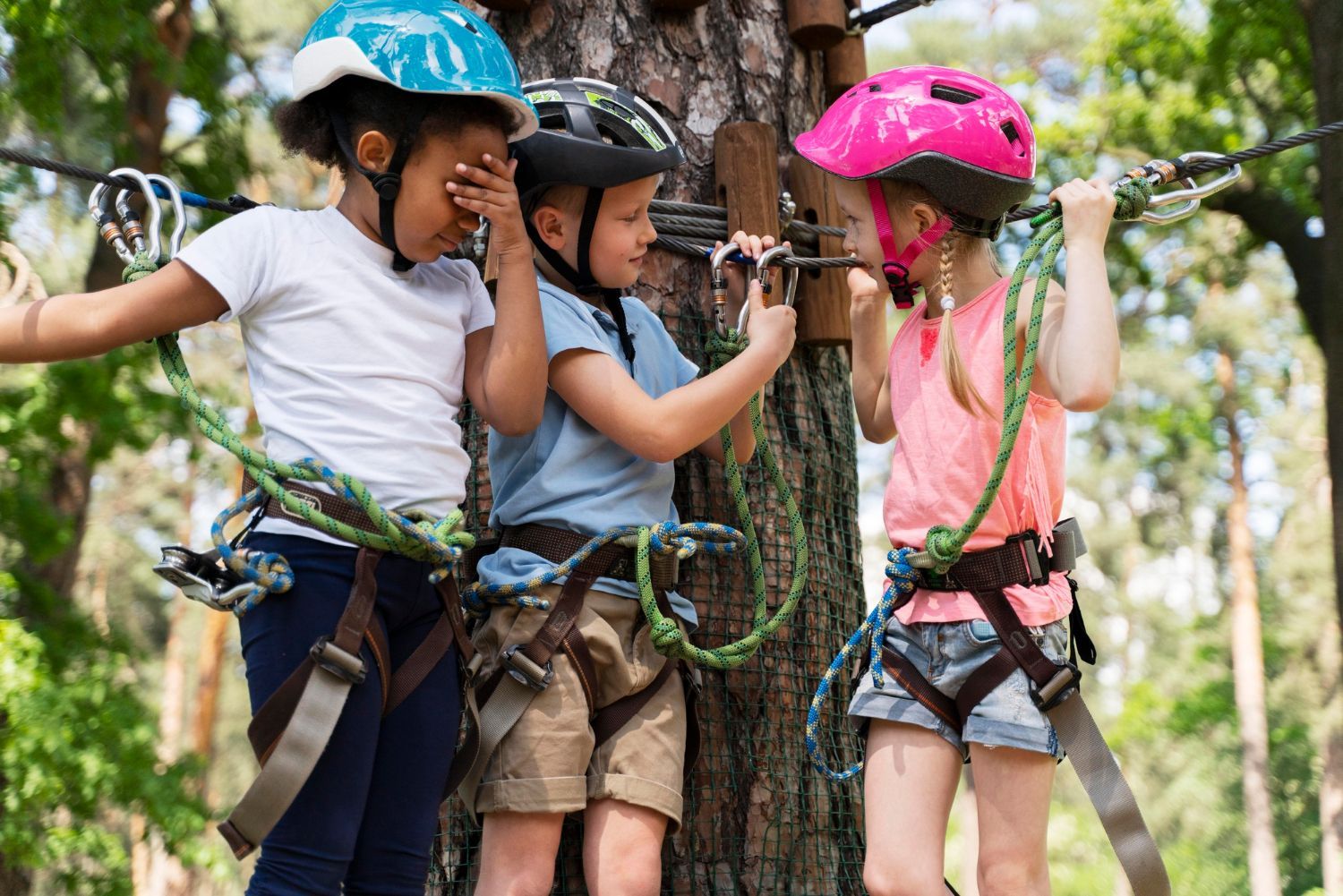Dealing with Separation Anxiety: Tips for Camp Readiness

Separation anxiety is a common issue for young children, especially when they are away from home for the first time. Summer camp can be a fun and enriching experience, but the initial separation from parents can cause worry for both children and their families. Understanding and addressing separation anxiety can make the camp experience more positive for everyone involved.
Children aged 2 to 9 might find the idea of staying at camp without their parents quite daunting. It's crucial to recognize the signs of separation anxiety early and take steps to ease their worries. Preparing them mentally and emotionally can make the transition smoother and help them feel more secure.
At Marlboro Montessori Academy’s Summer Camp, we aim to create a comforting and welcoming environment for our campers. Through various strategies and tips, you can help your child overcome their fears and embrace the joy of camp life. By fostering open communication, creating routines, and providing reassurance, parents can support their children in feeling more confident and excited about their camp experience.
Understanding Separation Anxiety in Young Campers
Separation anxiety is a natural response children may have when they are away from their parents for extended periods. It can be particularly noticeable in children aged 2 to 9 who are attending camp for the first time. Recognizing the signs of separation anxiety is the first step in addressing it effectively.
Common signs include excessive worry about being away from parents, clinginess, and reluctance to participate in activities. Some children might exhibit physical symptoms such as stomachaches, headaches, or difficulty sleeping. It's important for parents to understand that these reactions are typical and can be managed with the right approach.
Addressing separation anxiety begins with preparation. Start by discussing the camp experience positively and reassuringly. Explain to your child what camp will be like, including the fun activities, the new friends they will make, and the caring camp staff who will be there to support them. This helps set realistic expectations and reduces the fear of the unknown.
Preparing Your Child for Camp: Effective Strategies
Helping your child feel ready for camp involves several practical steps. Start by familiarizing them with the camp environment. If possible, visit the campgrounds together before their first day. Seeing the facilities and meeting some of the staff can make the setting feel more familiar and less intimidating.
Role-playing common camp scenarios can also be helpful. Practice saying goodbye, meeting new friends, or asking for help from camp counselors. Role-playing gives your child a chance to rehearse and feel more confident about handling these situations.
Another effective strategy is to establish a routine at home that mimics the camp schedule. This helps your child get accustomed to the new daily structure they will experience at camp. Talk about different activities that will happen during the day, such as meal times, playtimes, and rest periods.
Pack a comfort item from home, like a favorite stuffed animal or a family photo. This can provide emotional support and a sense of security when your child is feeling homesick. Additionally, creating a positive goodbye ritual can make parting less stressful. Keep your goodbyes short, cheerful, and confident to show your child that you believe they will have a great time at camp.
Communication Techniques to Ease Anxiety
Effective communication can significantly reduce a child's separation anxiety. Open and honest conversations about camp can clarify any uncertainties and mitigate fears. Reassure your child that feeling nervous is normal and that many children share the same feelings.
One technique is to use positive language. Highlight the exciting aspects of camp, like meeting new friends, playing fun games, and learning new skills. Avoid dwelling on the separation itself. Instead, focus on the adventure and the enjoyable experiences ahead.
Listening is equally important. Encourage your child to express their fears and concerns. Validate their feelings by acknowledging them, which helps build trust. By being empathetic, you show your child that their feelings matter and that you're there to support them.
Regular, brief check-ins during camp using letters or scheduled phone calls can also be comforting. These short communications remind your child that you are thinking of them while giving them space to grow independently. This balance can help ease anxiety and make the separation feel less daunting.
Creating a Positive Camp Experience for All
Creating a positive camp experience involves more than just preparing at home; it's also about ensuring a supportive environment while at camp. The camp staff plays a critical role in making children feel safe and welcome. Staff members are trained to handle separation anxiety by providing extra attention and reassurance to nervous campers.
Inclusive activities are key to making sure every child feels involved. Group games, team projects, and buddy systems encourage kids to participate and bond with peers. These activities help children feel part of the camp community and reduce feelings of isolation.
Encouraging self-expression through arts and crafts, music, and storytelling allows children to convey their emotions creatively. This can be particularly helpful for kids who struggle to express their feelings verbally. Engaging in these activities helps children channel their energy positively and can make them more comfortable with their surroundings.
Monitoring each child's progress and checking in regularly ensures that any signs of anxiety are addressed promptly. By creating a nurturing and engaging environment, camps can help children overcome their fears and enjoy their camp experience fully.
Conclusion
Dealing with separation anxiety is a common challenge for young campers and their families. By understanding the root of the anxiety, preparing effectively, and using good communication techniques, parents can support their children in feeling more confident and excited for camp. Creating a nurturing environment at camp is also crucial in helping children adjust and thrive.
Marlboro Montessori Academy’s Summer Camp aims to provide a balanced mix of fun, learning, and emotional support. Helping children overcome separation anxiety can lead to a rewarding camp experience, laying the groundwork for their personal growth and self-confidence.
If you're ready to help your child embrace a summer of fun and elementary Montessori learning, consider Marlboro Montessori Academy’s
Summer Camp 2025. Sign up today and give your child the opportunity to grow in a supportive and exciting environment.

Navigation
Contact Info
Phone Number: 732-946-8887
CAMP: 732-946-2267
Email: admin@marlboromontessoriacademy.com
GPS Address
257 Highway 79
Morganville, NJ 07751
Mailing Address
P.O. Box 272
Wickatunk, NJ 07765
All Rights Reserved
All Rights Reserved | Marlboro Montessori Academy
Marlboro Montessori Academy



